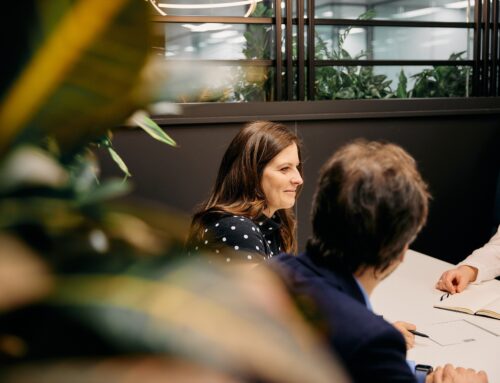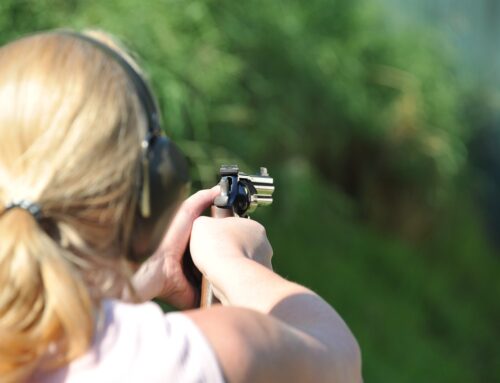Many visa types are available to immigrants looking for a permanent place in the U.S., but very few people are aware of every single unique option beyond the high-profile visas. U visas serve as vital legal provisions for noncitizens in the United States who have been victims of serious crimes and assist law enforcement in investigating or prosecuting those crimes. However, with only 10,000 visas a year, it is often overlooked. Today, we will look at the specifics of U visas, focusing on considerations for Florida residents who may be able to take this path toward permanent residency.

Basics of U Visas and Who Can Acquire Them
U visas are special types of visas available to noncitizens in the United States who are victims of crimes and can help law enforcement as they go after criminals. You cannot work toward a U visa in the traditional sense, as it is only available to certain people after they are victimized by crime. If you don’t know if you qualify, this is something that an attorney can help you determine.
Anyone who can successfully acquire a U visa should not worry about retaliation or removal proceedings, as the entire purpose is to allow law enforcement to focus on more important crimes. For victims, the U visa offers a range of benefits. It grants them legal status in the U.S. for up to four years and also allows them to work legally. After three years of holding a U visa and following all rules and regulations regarding lawful residence, victims may also apply for permanent residency, offering them a potential path to stability and long-term safety in the U.S.
To be eligible for a U visa, a person must have been a victim of a qualifying crime. These crimes include serious offenses like kidnapping, trafficking, assault, and other similar crimes that have, in some way, significantly harmed the victim. The victim must help law enforcement secure a conviction through testimony, info, evidence, etc. This cooperative aspect is a key requirement for obtaining a U visa, as it ties directly to the visa’s purpose of aiding law enforcement efforts.
Potential Pitfalls with U Visas
Applying for a U visa can be complex and challenging due to the legal and procedural hurdles involved. One common issue is the requirement for cooperation with law enforcement, which can be complicated if the victim’s assistance is not sufficiently documented or if law enforcement is reluctant to provide the necessary certification of cooperation. Additionally, as a U visa requires coming forward, there is always a fear among immigrants in the USA that changing laws or a new administration can lead to them losing their status.
There are also ways that misunderstandings surrounding this visa can actually benefit those seeking a U visa. Many applicants are unaware that the list of qualifying crimes is extensive, including less obvious crimes like perjury and obstruction of justice, which can also provide a basis for a U visa if they are connected to more serious criminal activities. When speaking to immigration attorneys, always answer their questions honestly to the best of your ability. They can provide much more detail in person about the types of visas you qualify for and what path forward is right for you.
Contact an Experienced Immigration Attorney
With so few U visa issuances every year, we don’t expect most people to know everything about U visas before they speak to us in a consultation. To learn more about your options and talk to our experienced team of attorneys, contact Probinsky & Cole today.







